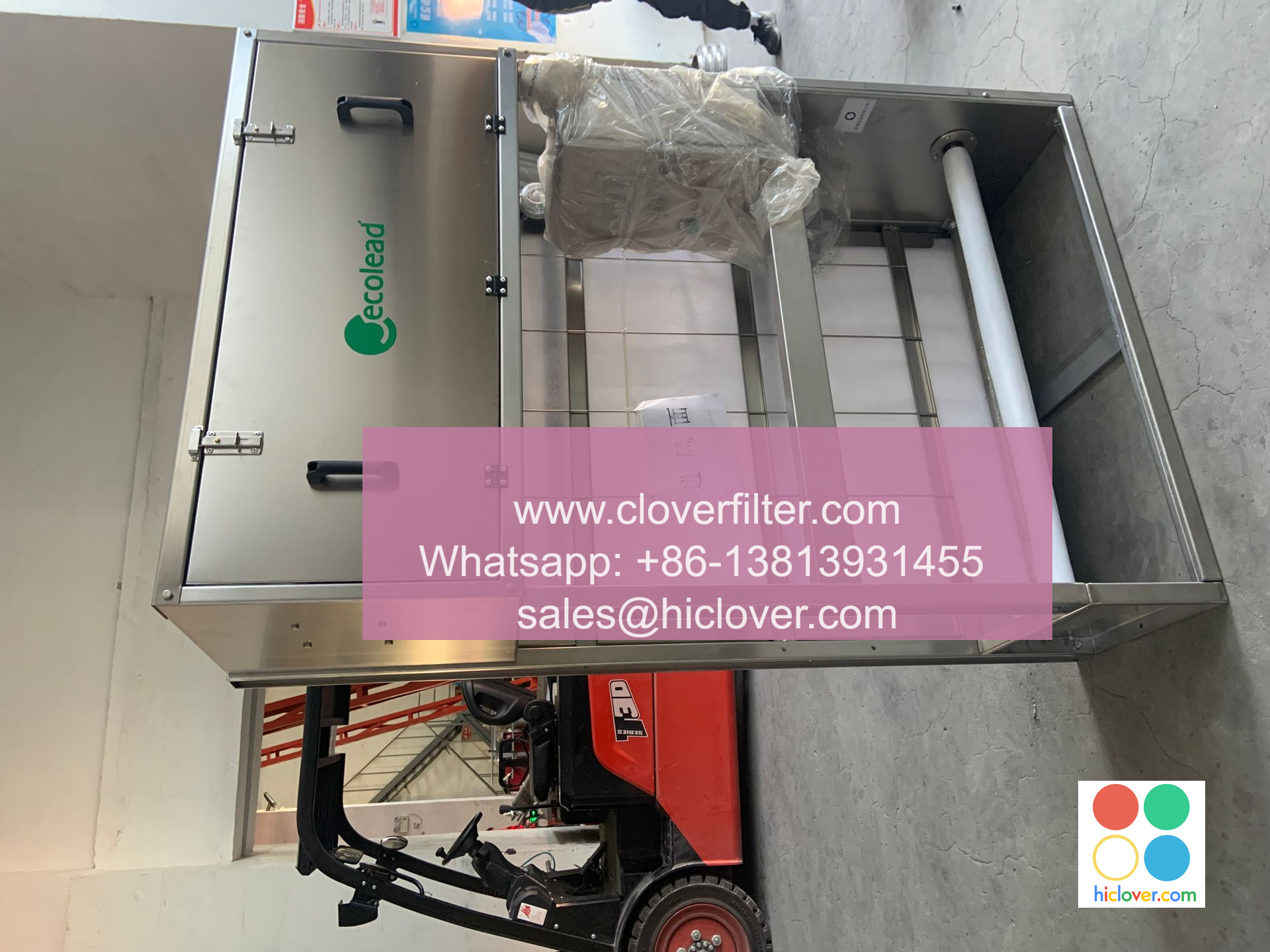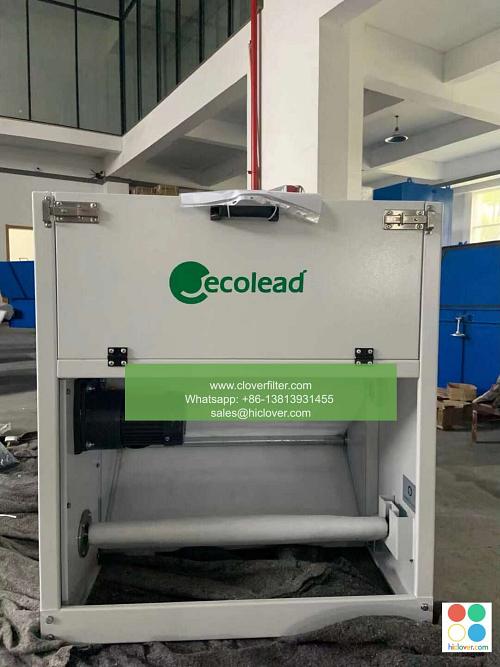The Top 5 Air Filters for Allergy Sufferers: A Review

Are you tired of sneezing and sniffling your way through the day? As an allergy sufferer, you know how important it is to have a good air filter in your home or office to remove allergens and pollutants from the air. In this article, we’ll review the top 5 air filters for allergy sufferers, highlighting their key features, application areas, and benefits.
1. HEPA (High Efficiency Particulate Air) Filters
HEPA filters are the gold standard for allergy sufferers, capturing 99.97% of particles as small as 0.3 microns, including dust, pollen, mold, and pet dander. These filters are commonly used in home air purifiers, vacuum cleaners, and HVAC systems. They are particularly effective in bedrooms and living rooms, where people spend most of their time.
2. Activated Carbon Filters
Activated carbon filters are designed to capture gases and odors, making them ideal for removing volatile organic compounds (VOCs) and tobacco smoke from the air. They are often used in combination with HEPA filters to provide comprehensive air cleaning. These filters are particularly useful in kitchens and bathrooms, where cooking fumes and moisture can exacerbate allergy symptoms.
3. Electrostatic Air Filters
Electrostatic air filters use an electrostatic charge to attract and trap dust and allergens. They are washable and reusable, making them a cost-effective option for allergy sufferers. These filters are commonly used in home air purifiers and HVAC systems, and are particularly effective in high-traffic areas like hallways and entryways.
4. Smart Air Filters
Smart air filters use advanced technologies like sensors and Wi-Fi connectivity to monitor and control indoor air quality. They can detect pollutants and allergens in the air and adjust their filtration settings accordingly. These filters are ideal for large homes and commercial spaces, where air quality can be a major concern.
5. UV Air Filters
UV air filters use ultraviolet light to kill bacteria and viruses, making them an effective solution for infectious disease control. They are often used in hospitals and healthcare facilities, but can also be used in homes and offices to provide an extra layer of protection against airborne pathogens.
Conclusion
When it comes to choosing an air filter for allergy sufferers, there are many options available. By considering the key features, application areas, and benefits of each filter, you can make an informed decision and find the best solution for your needs. Whether you’re looking for a HEPA filter, activated carbon filter, or smart air filter, there’s an air filter out there that can help you breathe easier and live healthier. Remember to always research and compare different products before making a purchase, and consult with a healthcare professional if you have any concerns about your allergy symptoms or indoor air quality.
Prompt

